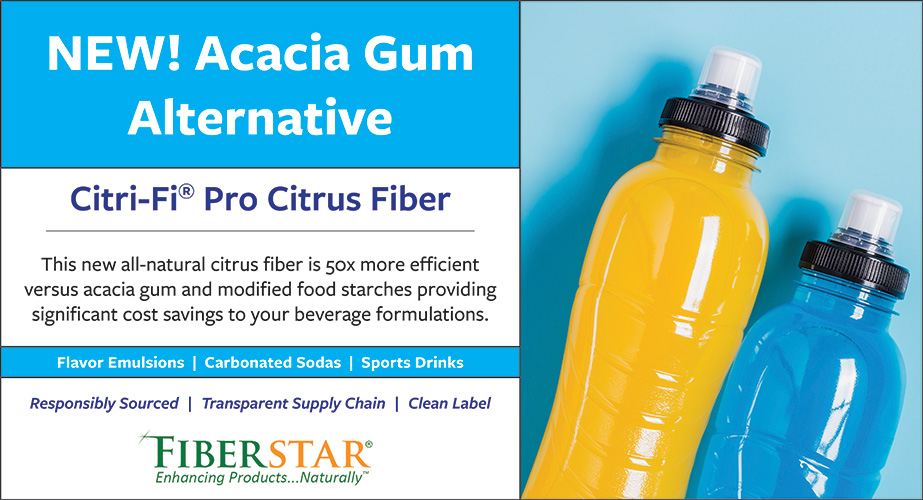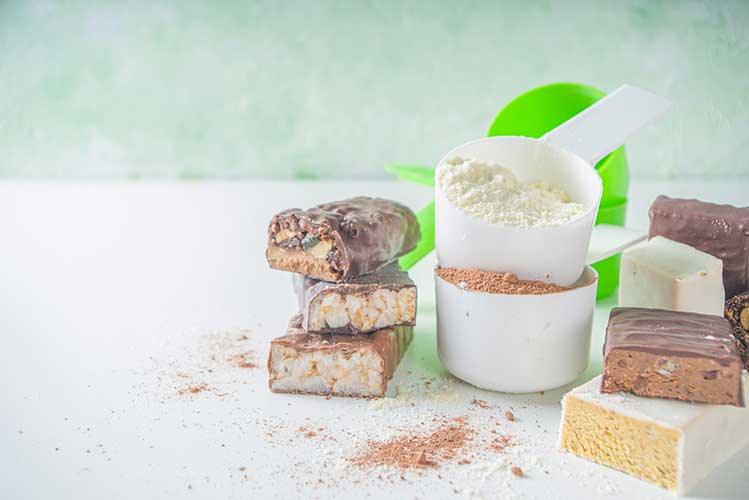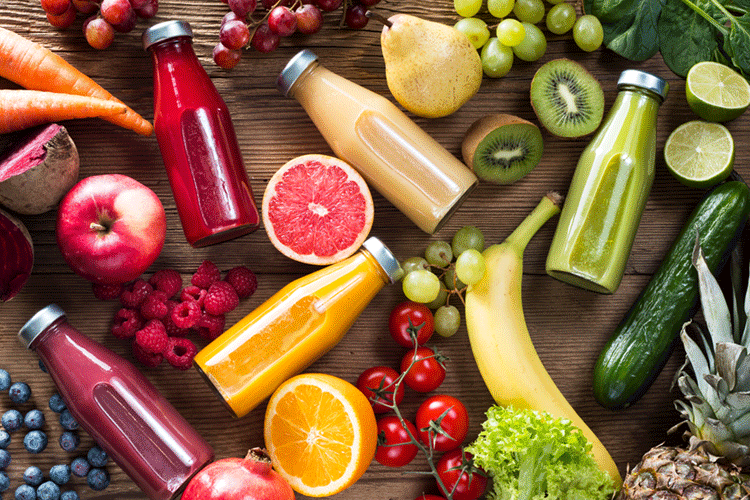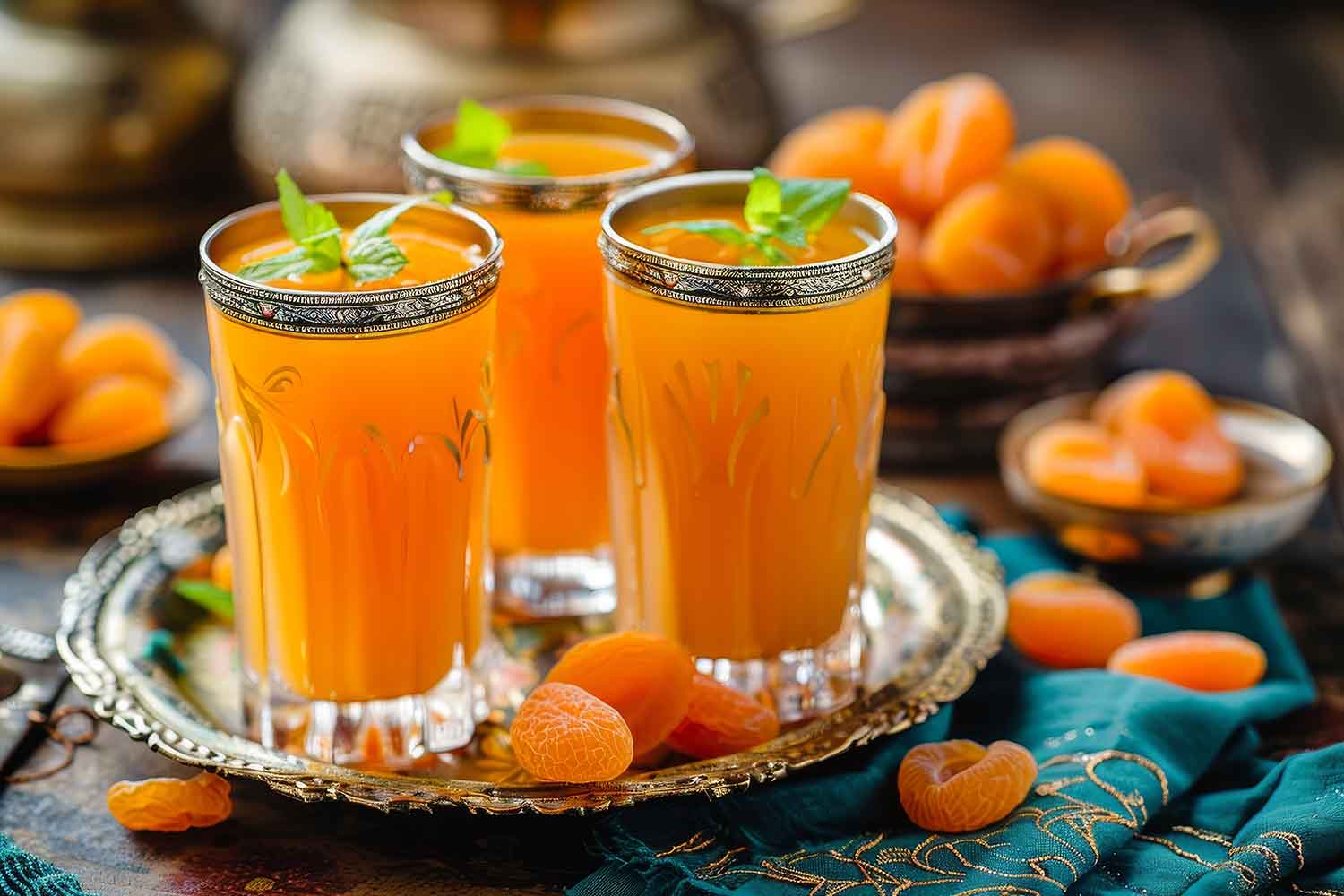The SupplySide West show, which started its life as a supplement expo, significantly grew in size again this year. For over a decade now, I have trucked around the show floor, looking for the latest and greatest in natural food ingredient technologies. Before, I wandered around with chunk heels cursing the traditional business attire expectations. Today, I traded my pumps in for dressy sneakers to help me reach the finish line which was beyond aisle 8100! After circulating around the show floor, I captured some insight that is worth a share.
Mainstream: Pure, Holistic and Natural Food Ingredients
With the spotlight on ultra-processed and pathogenic-free foods, it is no wonder that consumers are demanding safer and more nutritious products. They are label reading more than ever today which is causing food and supplement manufacturers to reassess their own products’ ingredients. As a result, many ingredient suppliers at the show touted their natural and minimally processed status. Some of the common claims included organic certified, committed to nature and clean label. With this in mind, it was a slam dunk to promote citrus fiber at the show.
Fiberstar, Inc. exhibited at SupplySide West pitching Citri-Fi® citrus fiber. This natural food ingredient checks all the boxes when it comes to clean label and the natural origin. Citri-Fi is byproduct of the citrus juicing industry which uses a process free from chemical modifications. Because of this, the fibrous composition, including the high concentration of native pectin, stays intact giving it high water holding power and emulsification properties. As a result, this natural food ingredient improves the texture, stability and nutrition of a variety of food, beverage and supplements.
At low usage level (<1%), this upcycled citrus fiber improves foods such as beverages, dairy products, nutrition bars, dry blends, baked goods and gummies. Because of the multi-functionality, Citri-Fi can extend and/or replace other hydrocolloids like starches, food gums and other plant-based fibers. Though there are several citrus fibers to choose from in the market, Citri-Fi is unique because it is not a byproduct of the pectin extraction process which typically uses chemical modifications or solvents. Citri-Fi is as close as its roots in nature which makes this ingredient a true all-natural option.
Health Platforms: Magnified and Multiplied
Selling natural food ingredients via health platforms is still prominent. This year, digestive health topped the charts during my walkabout. Numerous companies showcased ingredients such as prebiotics, probiotics, symbiotics and postbiotics. Other prominent platforms included immune, bone, weight management, cognitive and heart. On the other hand, a few new platforms grew in presence which involved sleep, stress-free, aging, skin, hair, anti-allergy, oral, liver, diabetes, joint, men’s and now women’s health (especially menopause-related).
Geographic Dichotomy: Local versus Overseas
Despite US-based consumers clamoring for local and made-in-the-USA food products, the show proved international trade was alive and thriving. From observation, the show’s growth looked like it was attributed to new small ingredient suppliers primarily from Asia. These businesses were littered amongst the large multi-national distrubutors. And unlike the large company booths, many of these smaller booths lacked the luster. In many cases, it was challenging to understand their point of difference when a booth two doors down sold the same ingredients. Are natural food ingredients, which were once considered value-added, commoditizing with the plethora of oversea players?
Regardless of the international offerings on the show floor, companies who saw value in USA made highlighted this as a competitive advantage. Some of the words included domestic supply, USA origin and locally made. As the influx of ingredient suppliers grow each year, natural food ingredient companies will need to innovate to strengthen their competitive advantage in the marketplace. Otherwise, they will find themselves competing on price which can paralyze profit margins.
Over the years, Fiberstar strived to be ahead in citrus fiber innovation. Selling a sustainable and upcycled citrus fiber was just the beginning. The company created varying particle sizes, co-processed blends, higher viscosity versions and certified organic SKUs which set Fiberstar apart from other suppliers. In addition, the company continues to offer a domestic citrus fiber using a stable and reliable supply chain.
New Emerging Trend: Women-owned Businesses
Another trend springing up includes businesses highlighting their women-owned status. During COVID, many women-owned businesses closed their doors for various reasons. However, post pandemic, these business types returned in full force driving the economic recovery. Their popularity soared in many markets including the food and beverage industry. Claiming women-owned gives some companies an edge to win over customers and generate new sales.
Other Moderate Buzz for the Field
Besides the hot ticket items mentioned, some companies pitched other points of difference such as vegan, non-GMO, and better-for-you. The nature of the show and immensity in size should have been busting with environmental messaging. However, after perusing the signage, I was surprised to see a small number of players promoting sustainability and upcycling. Despite the growing awareness, this universal topic will continue to be at the center stage for years to come. Companies embracing this now will be favorably positioned in the future.
Fiberstar’s upcycled citrus fiber continues to attract food manufacturers due to its green story and clean labeling. Labeling options include citrus fiber, dried citrus pulp or citrus flour which resonate well in the natural markets. Because of the company’s deep rooted knowledge in repurposing plant-based fibers, the company will continue to exploit its expertise creating new products to serve the unmet market needs.
For more information about Fiberstar’s citrus fiber innovation, please contact us.






